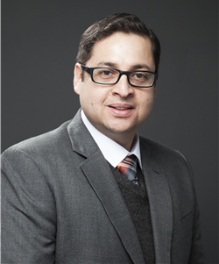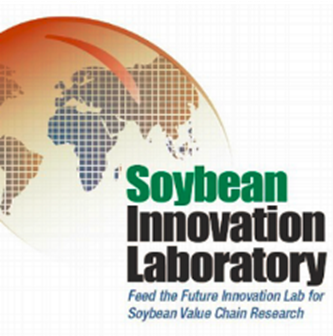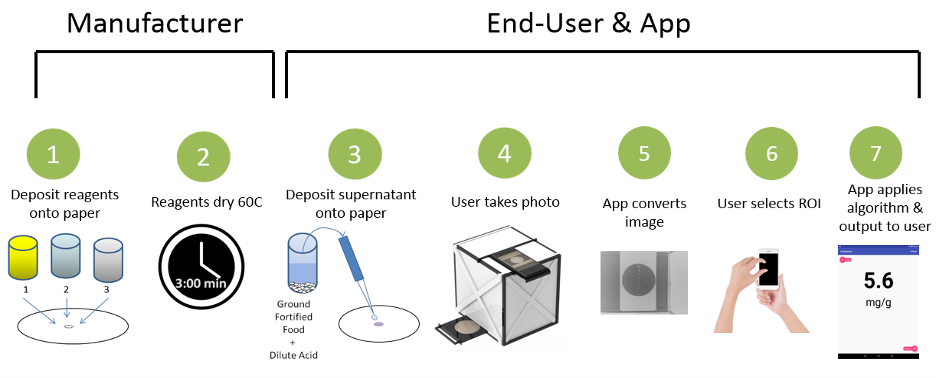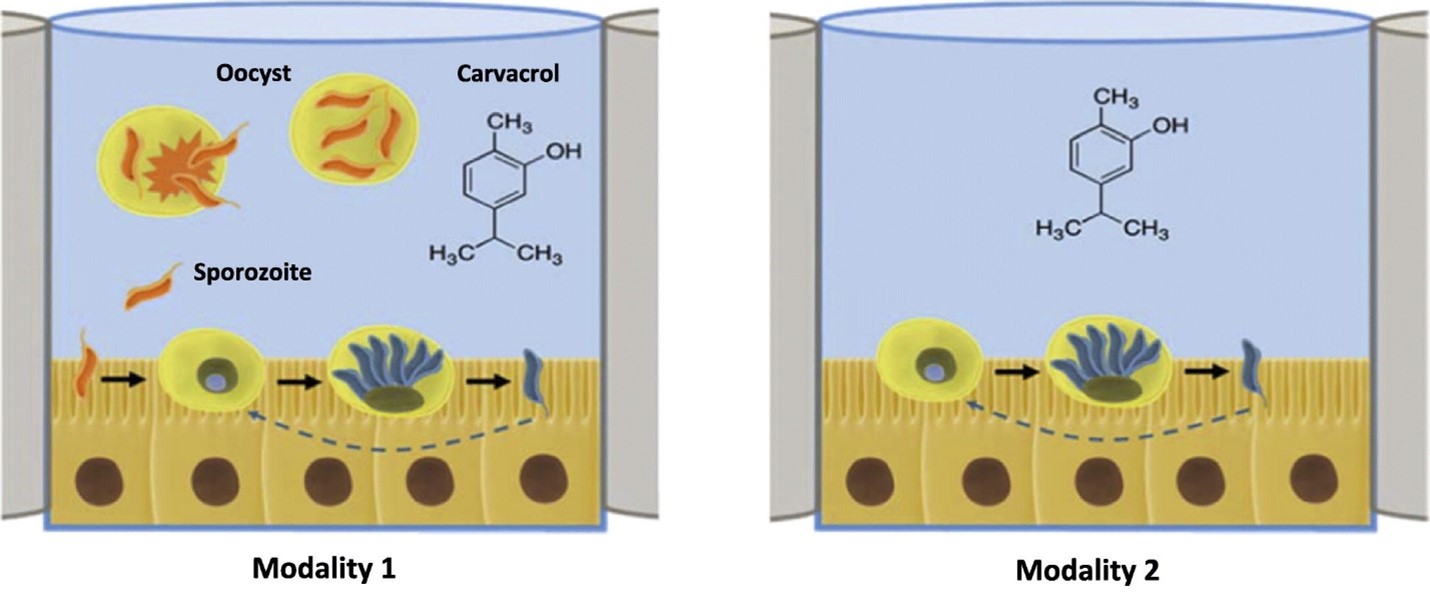 Juan E. Andrade Laborde, Ph.D.
Juan E. Andrade Laborde, Ph.D.
Associate Professor of Global Nutrition
Office: FSHN 208
Phone: 352.294.3706
Email: jandrade2@ufl.edu
 Juan E. Andrade Laborde, Ph.D.
Juan E. Andrade Laborde, Ph.D.Office: FSHN 208
Phone: 352.294.3706
Email: jandrade2@ufl.edu
Dr. Andrade is an Associate Professor of Global Nutrition in the Department of Food Science and Human Nutrition with a long-term goal to develop sustainable strategies and technologies that can be used to deliver adequate nutrition, especially micronutrients, to residents of low-income countries and thereby help to promote human health and economic development.
His research interests are focused on agriculture and food and nutrition security programs, food fortification, low-cost, point-of-use diagnostic tools for assessment, quality of food aid products, and service, experiential learning education programs. Dr. Andrade’s current research efforts are focused on the problem of protein and micronutrient malnutrition, development of better vehicles for food fortification, and improvement of RUTF functionality. These efforts have taken him to projects in India, Bangladesh, Saudi Arabia, Ghana, Uganda, Honduras, Mexico, Guatemala and Ecuador.
Dr. Andrade leads the human nutrition team at the USAID’s Soybean Innovation Lab with a focus to improve soybean utilization for human consumption in Sub-Saharan Africa. He uses these international projects as an educational platform to build cultural competence among college students in food science and human nutrition.
 (1) USAID Soybean Innovation Lab. This research and development project focuses on Sub-Saharan Africa. As the lead PI for human nutrition, our team aims at improving the utilization of soybeans for human nutrition. We have three focal areas: 1) soy utilization for early child nutrition, 2) soy utilization for institutional feeding, and 3) advancing technical capacities of food agro-processors. In this project, we fulfill UF’s land-grant mission as we implement research (in the US and abroad), teaching (grad/undergrad student training) and extension (training of agents, volunteers) activities to improve livelihoods among a diverse population. We conduct research with peers in Ghana, Kenya, and Uganda. Visit our website at https://www.soybeaninnovationlab.illinois.edu/
(1) USAID Soybean Innovation Lab. This research and development project focuses on Sub-Saharan Africa. As the lead PI for human nutrition, our team aims at improving the utilization of soybeans for human nutrition. We have three focal areas: 1) soy utilization for early child nutrition, 2) soy utilization for institutional feeding, and 3) advancing technical capacities of food agro-processors. In this project, we fulfill UF’s land-grant mission as we implement research (in the US and abroad), teaching (grad/undergrad student training) and extension (training of agents, volunteers) activities to improve livelihoods among a diverse population. We conduct research with peers in Ghana, Kenya, and Uganda. Visit our website at https://www.soybeaninnovationlab.illinois.edu/
(2) Nutrient sensors for food fortification programs in low- and middle-income countries (LMICs). Our team focuses on the limited abilities of the food industry and government in LMICs to monitor food fortification programs. Without diagnostics and monitoring systems in place, evaluating these programs is difficult. We have developed a low-cost, paper-based, and smartphone-assisted sensor for the determination of iron in fortified staple flours. Currently, we are optimizing this sensor and improving its ability to measure zinc.

Steps to prepare paper-based sensor for the determination of iron in fortified flours. Source: Waller, A.W. et al. (2019) Nutrients, 11, 1673.
(3) Improving the functionality of foods used in food assistance and emergency relief programs. Ready-to-use therapeutic and supplementary foods (RUTF/RUSF) are used to address nutrient/energy gaps in impoverished populations, especially those in protracted emergencies or famines. These foods are energy and nutrient dense and are very effective to address acute malnutrition among children. We argue that these foods can be delivery vehicles for bioactives beyond nutrients. Currently, we are evaluating the properties of plant essential oils as antiparasitic agents to address the widespread burden of parasites normally present in vulnerable populations. We’ve studied the effects of essential oils from oregano, thyme, and hops on Cryptosporidium parvum, a water/food-borne pathogen and one of the leading causes of diarrheal diseases in low-income settings.

Schematic of in vitro assessment of C. parvum growth and invasion. Modality 1: treatment during excystation and infection. Modality 2: treatment after established infection. Source: Gaur, et al. (2018), Parasitology International, 67(2): 170-175.
(4) Nanotechnology applications to improve delivery and absorption of nutrients. Some micronutrients are not as easy to incorporate as ingredients in food formulations. They can react with other food components resulting in sensory changes that instead affect their consumption. Some vitamins are unstable and are easily degraded upon heat treatment, while others have limited absorption in the gut. We have worked with food proteins and methods to reduce their particle size in the nano-range in order to enhance their dispersibility in food products and improve their bioavailability. We are currently evaluating the ability of plant- and animal-sourced protein nanofibrils and nano aggregates to deliver iron, zinc, carotenoids, and fat-soluble vitamins.
Dr. Andrade’s Laboratory focuses on developing and evaluating technologies and techniques to improve nutrient sufficiency, especially micronutrients in low-income settings. His Laboratory is in FSHN Building, Room 230. His laboratory has the capacity to conduct nutrient and bioactive analyses.